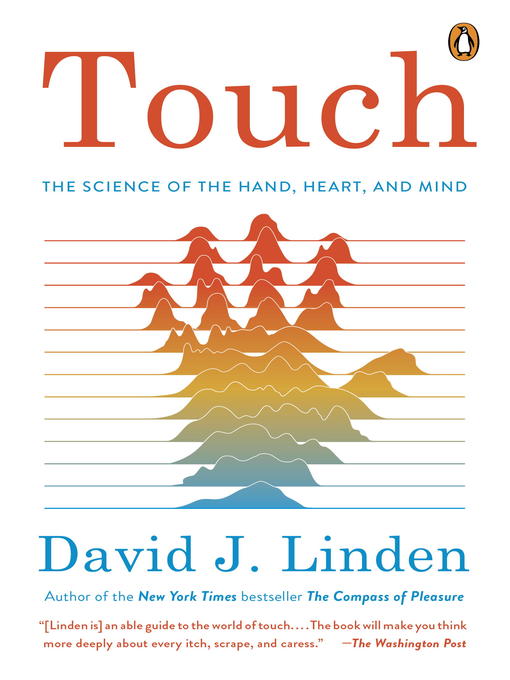- Fiction Available Now
- Nonfiction Available Now
- Most Popular
- New Additions
- New Mysteries
- New Romances
- New Historical Fiction
- New Biographies & Autobiographies
- New Fiction
- New Nonfiction
- Teen Reads
- Libros en Español
- Business & Finance
- See all ebooks collections
- Fiction Available Now
- Nonfiction Available Now
- Most Popular
- New Additions
- New Mysteries
- New Romances
- New Historical Fiction
- New Biographies & Autobiographies
- New Fiction
- New Nonfiction
- Teen Reads
- Libros en Español
- See all audiobooks collections
- Series Starters for Kids and Teens
- Favorite Chapter Book Characters
- Middle School Mysteries
- Feel Good Reads for Teens
- Fairy Tales & Disney
- Young Love
- Belly Laughs
- YA Thrillers
- Country & Small Town Reads for Kids
- Try Manga!
- Bilingual Books for Kids
- Comics & Graphic Novels
- See all juvenile & young adult collections
- All Magazines
- Home & Garden
- Food & Cooking
- News & Politics
- Health & Fitness
- Crafts & Hobbies
- Celebrity & Gossip
- Technology & Gaming
- Culture & Literature
- Science
- Travel & Outdoors
- Women's Lifestyle
- Men's Lifestyle
- See all magazines collections




